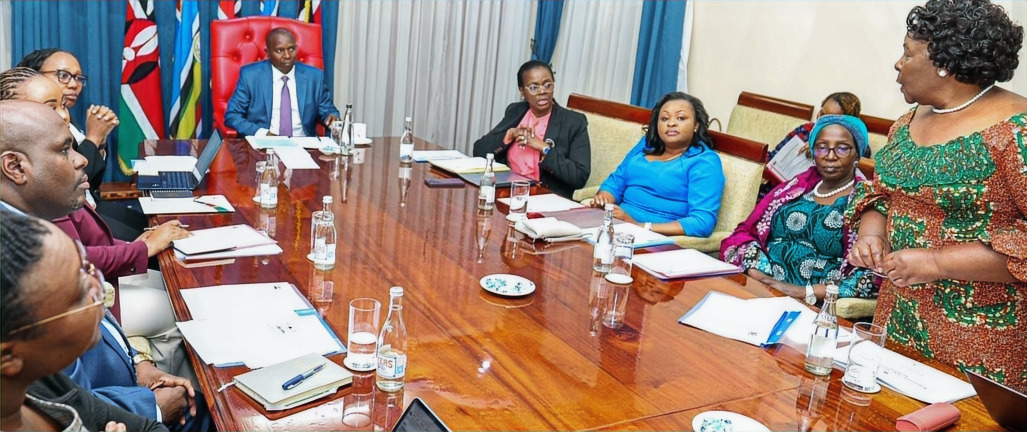The recent release of the Aga Khan University’s study on femicide related media coverage in Kenya, Tanzania, and Uganda re-ignited a sense of personal urgency. Shockingly, the Gender-Based Violence Technical Working Group Report remains shelved in the Office of the Deputy President. How can we leverage these findings to reignite public and policy momentum to ensure meaningful action?
Conducted by the Graduate School of Media and Communications, the “Media Framing of Sexual and Gender-Based Violence and Femicide in East Africa” report analysed more than 1,200 news stories published between January 2024 and April 2025. Attending the launch last week, I was struck by its main findings. Strengthened by the establishment of media gender desks, Kenya recorded more stories than Tanzania and Uganda combined. Reporting tends to be incident-driven and episodic, apart from the traditional 16 Days of Activism in November.
Sensitive survivor-centred reporting has significantly improved across all three countries, but a focus on perpetrators and holding them accountable for their crimes remains inadequate. Some of us may remember the names of Scarlet Wahu, Waris Daud, and her daughter Amina Abdirashid, athlete Rebecca Cheptegei, Catholic nun Yvonne Jirangwa, and many others. How many of us know what happened after the headlines faded and the court cases dragged on? Do we remember the names of one perpetrator?
The study found that the media often overlooks the patterns and root causes of gender-based violence. Ending GBV requires more than press headlines and public sympathy. Journalists must go beyond initial coverage and follow through. Only sustained reporting will help deliver justice for victims. Language matters too. Framing survivors as victims restricts the courage and agency needed by those affected to rebuild their lives and demand redress. Saying “he assaulted her” places accountability where it belongs, while “she was assaulted” obscures responsibility and agency.
As the End Femicide Alliance tells us, femicide is a hate crime against girls and women. It needs its own legal framework. Our existing laws need to be more strictly enforced. Sloppy investigations, reluctant prosecutions, underfunded shelters, and delayed judicial processes offer no deterrent for those who seek to harm those closest to them.
Victims and survivors experience gender-based violence very differently. There is a need for an inter-sectional lens that recognises the common and uncommon threats faced by girls, elderly women, lesbians, women with disabilities, sex workers, among others, and programs differently for each group. We must intentionally design programs that dismantle harmful masculine norms and cultivate emotionally intelligent mindsets rooted in gender equality and respect for women’s autonomy.
President Ruto’s announcement of the GBV Taskforce demonstrated a response to two of the largest women-led demonstrations in a decade and public outcry. Yet, four months after its report was handed to Deputy President Kindiki, it remains shelved. The lack of movement tragically repeats the Sh100 million spent on public sensitization last year: much fanfare but no real human rights impact to report.
It is frustrating that an issue that had commanded the attention of parliament, the executive, women, and the public has dropped off the policy table. Meanwhile, violence persists in our homes, communities, and public spaces. For example, this year alone, Nairobi County authorities received 500 reports of sexual assault from men involving both male and female perpetrators. Perhaps another mass public action is needed to remind the 47+1 governments that they have yet to eliminate gender-based violence.
The Aga Khan University study demonstrates that mass and social media coverage are critical. The media must continue to focus on whether survivors supported by the criminal justice agencies are achieving justice outcomes. However, without a clear policy direction, programmes and dedicated resources, the violence and harm we see daily will not end.
Perhaps a gender-based violence survivor, gender activist, or a good Samaritan could call the Office of the Deputy President and offer to drop the GBV Taskforce report off at State House for them. The distance is approximately 16 kilometres. Depending on traffic conditions, this should take 30 to 35 minutes.
Irũngũ Houghton is the Executive Director of Amnesty International Kenya and writes in his personal capacity. Email: [email protected]


